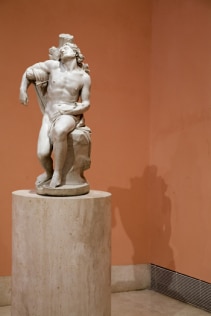In 2019, the ethical vagueness of this definition led the members of the ICOM to consider a more comprehensive and ambitious, albeit somewhat confusing, definition. The central actions of museum activity were to “research” and “exhibit” but, carefully avoiding any concept of heritage, “acquiring” has been replaced with “collecting”, “conserving” with “preserving” and “communicating” with the more pluralist wording of “enhancing understandings of the world”. But perhaps the most novel element was in its affirmation that museums “work in active partnership with and for diverse communities” and, bordering on the utopian, that their purpose is to “contribute to human dignity and social justice, to global equality and planetary well-being.”
This final definition was not approved by the General Council of the ICOM in Kyoto in September 2019, largely due to the legal problems involved in relation to the legislation in each country. But perhaps the most important objection was the tension between the museum defined by its collection and the museum conceived according to its place in the community to which it belongs.
Did the proposed definition constitute something radically new? No, if we consider that museology had been proposing the need for a museum focused on its visitors rather than its collections since the early 1970s. Now, with the triumph of neo-liberalism, rather than a museum at the service of people and their self-portrait as critical subjects, what seems to have prevailed is a model of the museum based on audiences as consumers. With a view to thinking of a museum truly built on the basis of empowering its visitors, one idea that can serve as a basis for reflection is hospitality.
The Royal Academy of the Spanish Language offers three definitions for the word hospitalidad or hospitality. Leaving aside the third, which is a very restricted definition referring to “a sick person’s stay in hospital”, which would correspond to hospitalisation in English, the other two definitions can serve as a reference. According to these definitions, hospitality constitutes the “friendly welcome and reception of foreigners or visitors” and the “virtue exercised with pilgrims and the destitute, receiving them and providing due assistance for their needs”. Despite the fact that the latter definition implies the moral need to assist the vulnerable, it is still very much in the sphere of Christian charity. As such, it is a conditional hospitality, whose rules of play are imposed by the host, implying the prevalence of a relationship of domination.
The meaning of the term offered by the philosopher Emmanuel Lévinas differs slightly in that he defines hospitality as the act of welcoming the Other. Lévinas’s thinking is framed within a critique of the totalising philosophical discourse of modernity. From the early 1960s, the Lithuanian philosopher had been committed to a form of thinking that did not reduce the Other to the service of the Self under the umbrella of the idea of totality, but instead viewed the Other as infinite, as something that is separate and cannot be subsumed[1] According to Lévinas[2] an absolute passivity exists prior to the construction of the cognoscente, prior even to every being’s tendency to persevere in their ‘vulnerability, exposure to outrage and hurt’. Before experimenting this freedom and our autonomy, we are passive, vulnerable beings questioned by the face of the Other.
Along with Lévinas, another philosopher who reflected most deeply on hospitality was Jacques Derrida. For the father of poststructuralism, the notion of hospitality was subject to an irresolvable antithesis, not reducible to dialectic between, on the one hand, the laws conditioning hospitality and, on the other, the law of hospitality, the unconditional law of unlimited hospitality. Compared to the former, in which the head of the household imposes his rules on the guest, the law of unlimited hospitality would imply that the host shares their home and everything in it with the visitor, with the foreigner, without imposing any condition in return.[3] Both concepts, while opposed, are necessary. But it is the latter, unconditional hospitality, which sets the real horizon of hospitality.
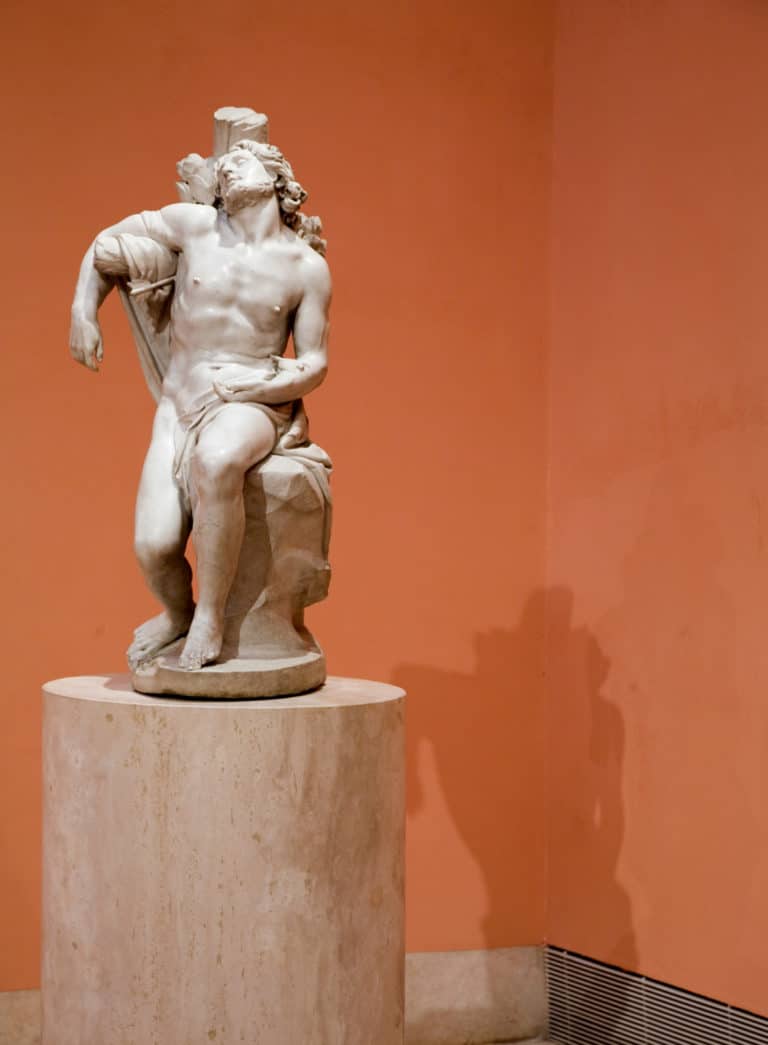
[1] Emmanuel Lévinas: Totalité et infini. Essai sur l’extériorité [1961]. París, Le Livre du Poche, 1971, pp. 24 y ss.
[2] Emmanuel Lévinas: De otro modo que ser, o más allá de la esencia [1974]. Traducción: Antonio Pintor Ramos. Salamanca, Sígueme, 2003, pp. 59 y ss.
[3] Jacques Derrida: De l’hospitalité. Anne Dufourmantelle invite Jacques Derrida à répondre. París, Calmann-Lévy, 1997, p. 73.
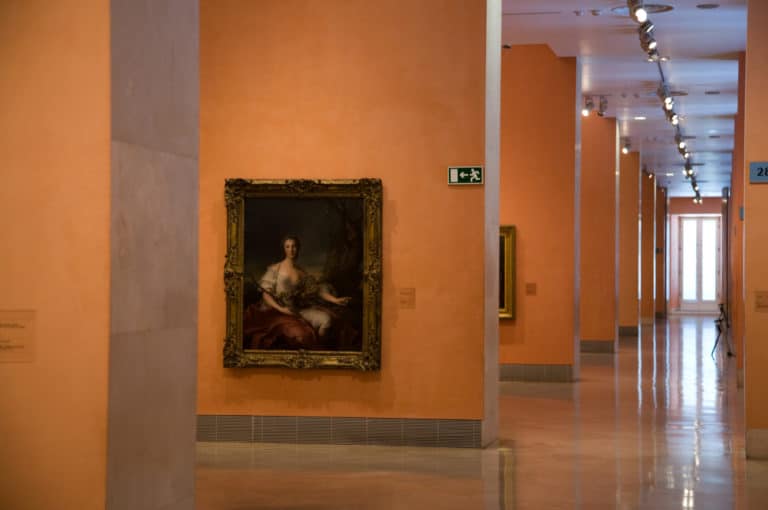
[4] “l’étranger, ici l’hôte attendu, ce n’est pas seulement quelqu’un à qui on dit ‘viens’ mais ‘entre’, entre sans attendre, fait halte chez nous sans attendre, hâte-toi d’entrer, ‘viens au-dedans’, ‘viens en moi’, non seulement vers moi, mais en moi: occupe-moi, prends place en moi. […] Étrange logique, mais si éclairante pour nous, que celle d’un maître impatient qui attend son hôte comme un libérateur, son émancipateur. C’est comme si l’étranger détenait les clés”. Jacques Derrida: De l’hospitalité. Anne Dufourmantelle invite Jacques Derrida à répondre. París, Calmann-Lévy, 1997, p. 109.
[5] Douglas Crimp: “On the Museum’s Ruins” [1980], en Hal Foster (ed): The Anti-Aesthetic. Essays on Postmodern Culture. Seattle, Bay Press, 1983, p. 53.
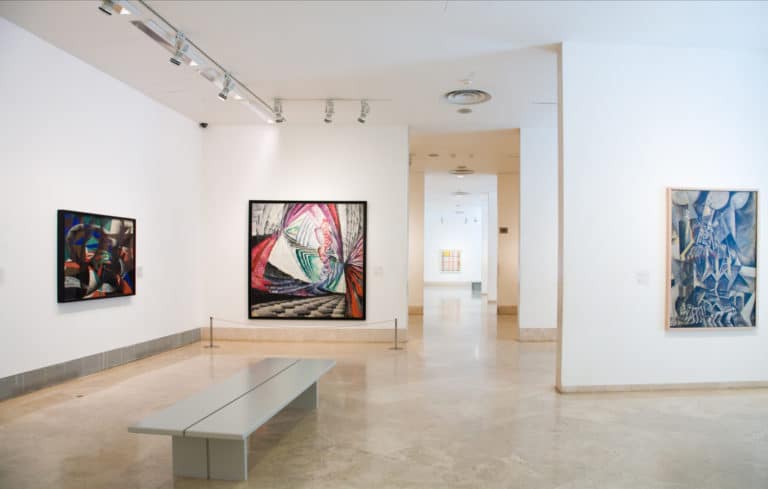
[4] “l’étranger, ici l’hôte attendu, ce n’est pas seulement quelqu’un à qui on dit ‘viens’ mais ‘entre’, entre sans attendre, fait halte chez nous sans attendre, hâte-toi d’entrer, ‘viens au-dedans’, ‘viens en moi’, non seulement vers moi, mais en moi: occupe-moi, prends place en moi. […] Étrange logique, mais si éclairante pour nous, que celle d’un maître impatient qui attend son hôte comme un libérateur, son émancipateur. C’est comme si l’étranger détenait les clés”. Jacques Derrida: De l’hospitalité. Anne Dufourmantelle invite Jacques Derrida à répondre. París, Calmann-Lévy, 1997, p. 109.
[5] Douglas Crimp: “On the Museum’s Ruins” [1980], en Hal Foster (ed): The Anti-Aesthetic. Essays on Postmodern Culture. Seattle, Bay Press, 1983, p. 53.
For Derrida, following in the footsteps of Lévinas, unconditional hospitality implies absolute exposure to the arrival of the other. It is not about simply welcoming the other, forcing them to assume pre-established rules in exchange for protection. It constitutes a true opening up to the other, endowed with a liberating character. In Derrida’s words, “the foreigner, here the expected guest, is not just the person to whom we say ‘come’ but ‘enter’, enter without waiting, stop in our place without waiting, hurry, ‘enter’, ‘enter in me’, not just to me, but in me: occupy me, take a place in me. […] Strange logic, but the notion of a master awaiting their guest as a liberator is rather illuminating for us. It is, Derrida concludes, [4][5]
Turning back to the museum, to what extent can it become a place of unconditional hospitality? The answer is not simple because, in principle, hospitality seems to allude to a sphere beyond that of the museum. And yet, the museum is related to the Derridean idea in at least in two aspects.
Firstly, based on the collections themselves. There is a reason why the objects from different eras and cultures invite us to reflect on foreignness. The simple encounter with a museum’s collections reminds us of the relative nature of our beliefs, our social structures and our way of life. It could be alleged that, as an institution born of the Enlightenment and colonialism, the museum has always attempted the opposite: to subject the diverse to the unambiguous (this occurred, for example, in André Malraux’s Imaginary Museum [1974], a symbol of the modern museum, where the diversity of the artworks was reduced merely to differences in style thanks to black and white photography). [6]
Contrary to this continental, dense and heavy thinking, which has dominated the history of the humanities to this day, Édouard Glissant has defended “archipelago thinking” a form of thinking that opens seas, that is born of plurality.[7] Close to Lévinas’s thinking, the Martinique-born poet has advocated the right to opacity: “I don’t need to ‘understand’ the other, that is, reduce it to the model of my own transparency, to be able to experience the other and build something with it. The right to opacity would today consist of the more ostensible sign of non-barbarism”[8][9].
And, yet, the temptation for unambiguous thinking is still deeply rooted in many contemporary museums, immersed in a context in which non-spaces and globalisation prevail. And perhaps because of that, today more than ever the museum must avoid falling into teleological and simplifying discourses. Some museums have been working on this for some time, opposing traditional chronological order. They have attempted to question the false naturalness and universality of encyclopaedic narratives, emphasising the constructed nature of the entire permanent collection, of every exhibition. Thus, rather than restrict and establish the meaning of the art, they encourage opening it to multiple interpretations. But perhaps it is not a question of completely renouncing chronological ordering as avoiding it becoming the only valid method, thereby restricting the multiplicity of perspectives and the critical reception on the part of the viewer. [10]
Tied to this, the museum can also be a space open to unconditional hospitality based on the active role it affords visitors. Specifically, this will depend on whether it encourages people to visit the museum as more than passive spectators, or whether it confers on them capacities to make the museum institution truly theirs, to develop a sense of belonging. In Derrida’s terms, it would be about going further than the “invitation” of conditional hospitality and opening up to the “visitation” inherent in unconditional hospitality.
This is a trend that has gathered pace in recent decades, in many cases with the support of anthropology museums, which have opened their institutions to diverse voices, starting with the descendants of the tribes whose treasures they have on display. It has also found support among contemporary art museums whose art collections from the last fifty years, as Roland Barthes notes, have replaced the protagonism of the author—considered, throughout modern times, as a demiurge who creates and harmonises the cosmos—for the elevation of the reader/viewer as “someone or something who holds together in a single field all the traces by which the written text is constituted”.[11]
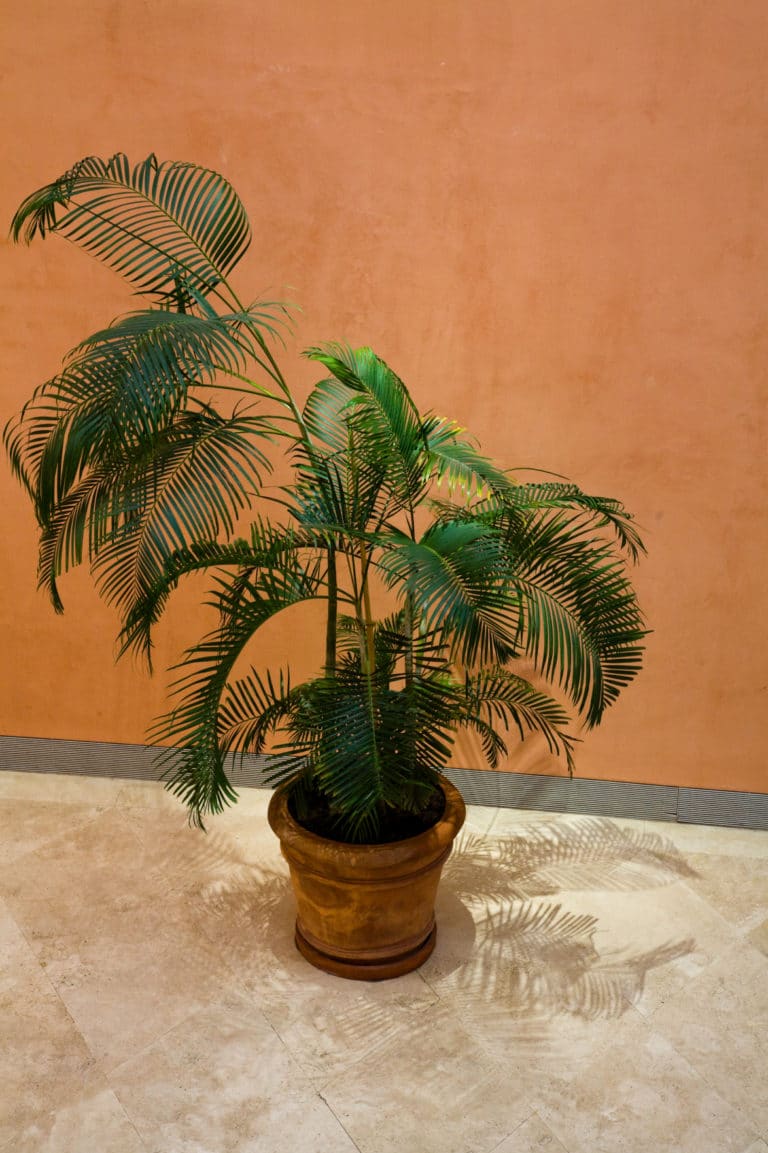
[6] Édouard Glissant: Traité du Tout-Monde. París, Gallimard, 1997, p. 31.
[7] Édouard Glissant: Introducción a una poética de lo diverso. Barcelona, Ediciones del Bronce, 2002, p. 72.
[8] Véase, Christopher Whitehead, Interpreting art in museums & galleries, Londres y Nueva York, Routledge, 2012. Sobre todo, los capítulos 5 y 6.
[9] “[…] ce quelqu’un qui tient rassemblées dans un même champ toutes les traces dont est constitué l’écrit.” Roland Barthes: “La mort de l’auteur” [1968], Le Bruissement de la langue : Essais critiques IV. París, Éditions du Seuil, 1984, p. 66.
And yet, as mentioned above, this fondness for structuring the museum based on its visitors is often confused with the utilitarian purpose of creating a tourist attraction, thus turning audiences into mere consumers. As Manuel Borja-Villel has pointed out, “It’s not about having the museum speak for others, but providing the means to empower those who gather around it”.[12] In this regard, following Borja-Villel, it would be reasonable to demand a museum founded on the practice of questioning; that is, the act of speaking when the speaker is someone outside the discursive system; someone who, because of their foreignness, is capable of questioning the status quo.[13]
Returning to Derrida, it is precisely in this questioning that we encounter the challenge of unlimited hospitality. According to the French philosopher, it is in the “war internal to the logos” that we find the question of the foreigner. It is also the place where the question of the foreigner as a question of hospitality is articulated with the question of being.”[14] The foreigner, the subordinate, the person capable of looking in from the outside, thus becomes the only one capable of opening perspectives, of breaking the consensus. It is this that creates the liberating character that Derrida alludes to in his concept of unlimited hospitality.
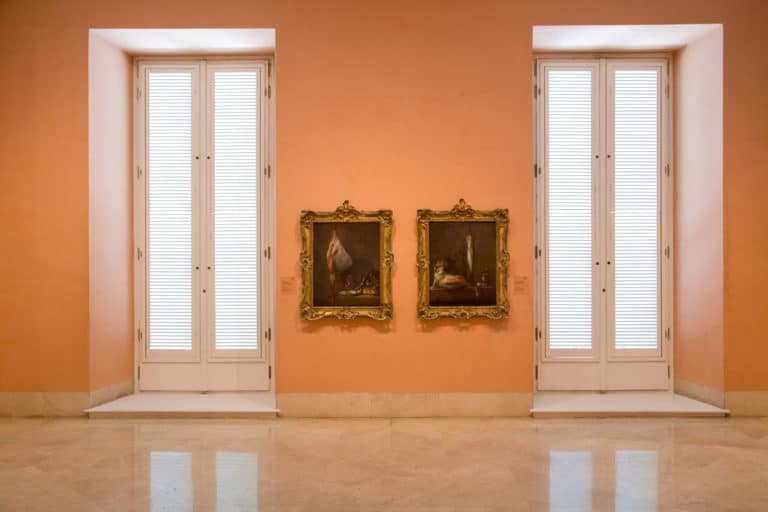
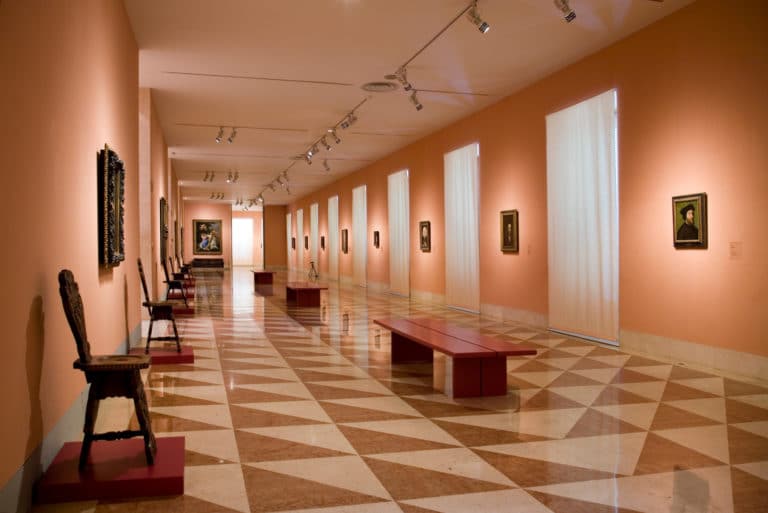
[10] Manuel Borja-Villel: “Antagonismos”, en Campos magnéticos. Escritos de arte y política. Barcelona, Arcadia, 2020, p. 173.
[11] Manuel Borja-Villel: “El museo interpelado“, ibidem, p. 234.
[12] “La guerre interne au logos, voilà la question de l’étranger […] C’est aussi le lieu où la question de l’étrager comme question de l’hospitalité s’articule à la question de l’être.” Jacques Derrida: De l’hospitalité. Anne Dufourmantelle invite Jacques Derrida à répondre. París, Calmann-Lévy, 1997, p. 21.
[13] Véase, Margaret Kadoyama: Museums Involving Communities. Authentic Connections. Nueva York y Londres, Routledge, 2018
[14] “La guerre interne au logos, voilà la question de l’étranger […] C’est aussi le lieu où la question de l’étrager comme question de l’hospitalité s’articule à la question de l’être.” Jacques Derrida: De l’hospitalité. Anne Dufourmantelle invite Jacques Derrida à répondre. Paris, Calmann-Lévy, 1997, p. 21.
[15] See Margaret Kadoyama: Museums Involving Communities. Authentic Connections. New York and London, Routledge, 2018
From this perspective, spectators of a museum must cease to be mere recipients of content created by the museum teams and instead become providers of new points of view to enrich the institution. It is therefore not about mere tourists, but people with “agency”, with the critical capacity to always give new meaning to the collections.
Furthermore, as has already happened in some English-speaking countries, museums must be open to the active participation of the communities they represent, who make up their visitors.[15] It is necessary to reach a consensus with them on strategic plans and to afford them an active role in programming. This is the only way to make the museum a true space of knowledge, participation and debate and not simply the place for mere recognition of what the autonomous modern museum has made us accustomed to and the spectacle museum of the neoliberal era but rather the museum of unconditional hospitality, conceived on the basis of its visitors.
